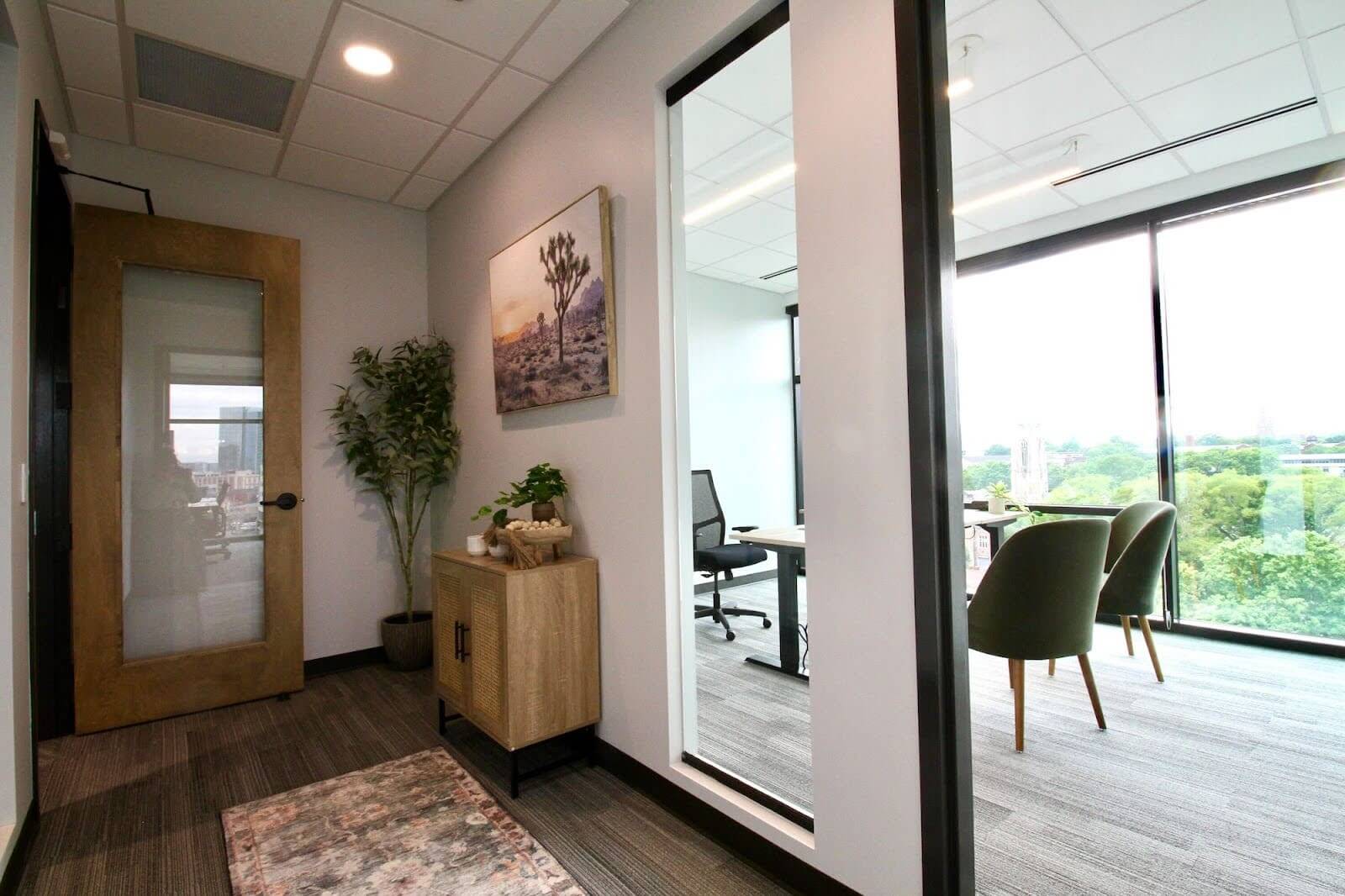The right office size can make or break your productivity—are you making the right choice for your company’s future? The ideal workspace should not only accommodate your current team but also allow for future growth and flexibility. Understanding the nuances between different office sizes can guide you in making an informed decision that optimizes both space and budget, allowing your business to thrive in its workspace.
Choosing an Office Size
Understanding Office Size Terminology
When selecting the right office size, it’s essential to grasp the differences between average and standard office sizes. The average office size is the overall mean across industries, whereas the standard office size is defined by industry norms. The standard or typical office size represents the most common dimensions seen in businesses similar to yours. Offices that are not the standard or average size tend to be either spacious, leaving plenty of extra room for workers, or dense, keeping workers much closer together in a smaller space. A “good” office size not only meets current needs but also provides flexibility for future growth. Understanding these distinctions will help you make an informed decision that optimizes space utilization and supports your business’s long-term success.
Factors to Consider When Choosing an Office Size
Selecting the right-sized office involves evaluating key factors. First, consider the number of employees, ensuring there is enough space for everyone to work effectively. The nature of your business operations—whether you need an open-plan layout or private offices—also influences space requirements. It’s crucial to factor in future growth projections to avoid outgrowing the space too quickly. Finally, budget constraints must be considered to find an office that meets your needs without straining your finances.
Industry Standards and Guidelines
Industry standards and guidelines play a significant role in determining the appropriate office size for your business. Different industries have established average and standard sizes that align with their operational demands. For example, tech firms commonly utilize open-plan environments with 150-200 square feet per employee, while finance companies might need more private offices, averaging 200-250 square feet per employee. Creative industries, known for their need for flexibility, typically have office sizes ranging from 100-150 square feet per person. These industry-specific examples provide a clear understanding of how office size requirements vary across industries.
What Is a Good Size for an Office?
Calculating the right office size for your business can be simplified with a clear, step-by-step process. Begin by identifying your current number of employees and the average square footage required per person based on your industry—this usually falls between 100 to 250 square feet. Then, factor in extra space for communal areas, conference rooms, and other necessary facilities, which can contribute an additional 20-30% to your total square footage. Use measurement tools and online calculators to create a visual layout of your office space. Don’t forget to consider future growth, ensuring you have enough room for potential new hires as your business expands.
Flexible and Remote Work Considerations
The shift toward hybrid work models is reshaping how businesses approach their office space needs. With many employees working remotely part-time, organizations are now exploring flexible office layouts that prioritize collaboration over individual desks. This trend encourages the use of shared workspaces, meeting rooms, and multifunctional areas, allowing companies to maintain a smaller footprint while still providing a productive environment. By adapting office spaces to reflect these changes, businesses can better accommodate the evolving needs of their workforce.
Rent the Perfect Private Office Suite for Your Growing Business With e|spaces
It’s time to reassess your office space and discover what e|spaces can do for you and your business! We provide tailored office solutions that cater to your specific needs, whether you’re looking for collaborative workspace, meeting rooms, or private offices. Start evaluating your requirements today and book an office space, or get in touch with us to determine how we can help you maximize your business’ potential.
